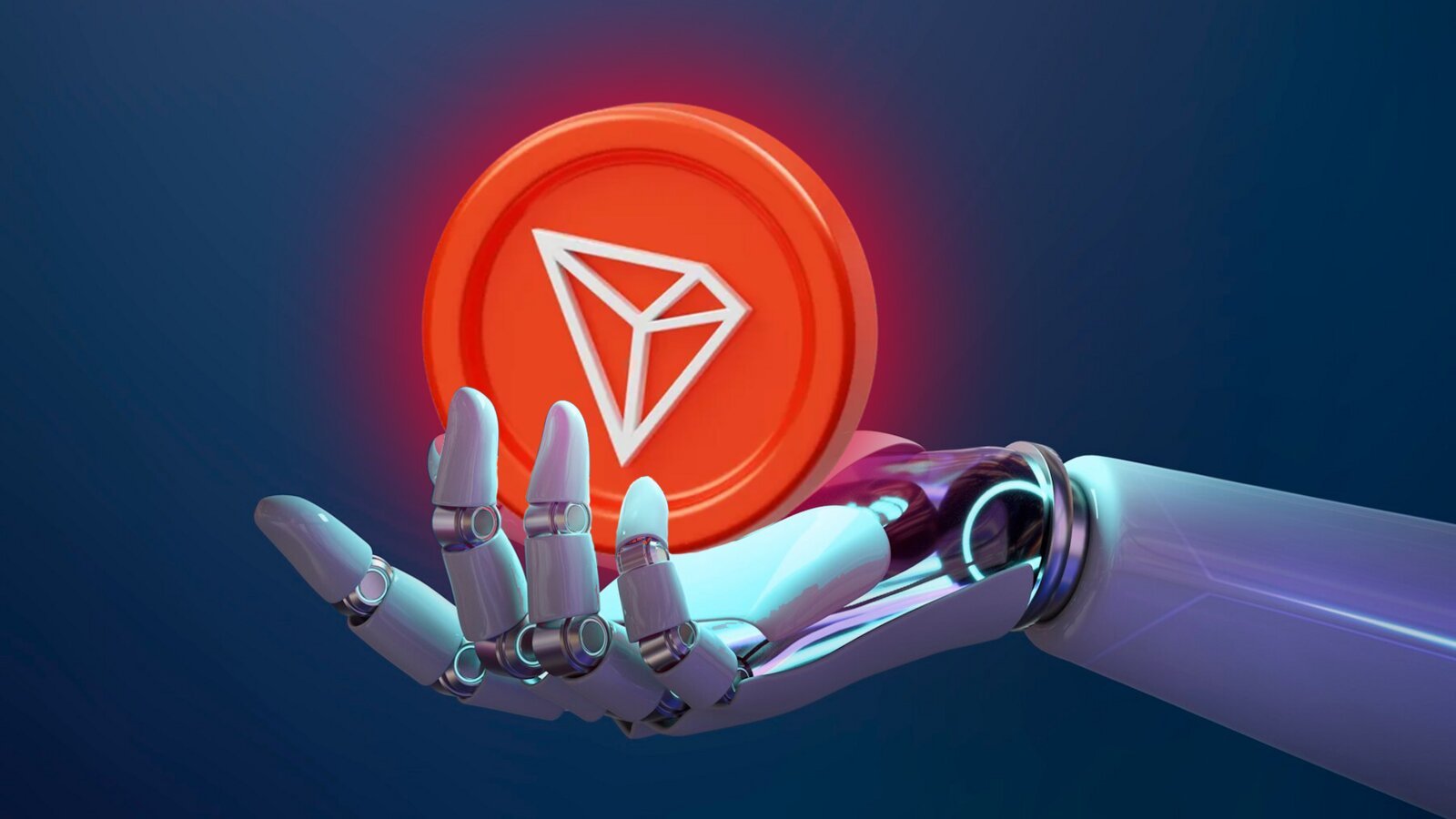The Future of TRON: Charting a Course for Decentralized Digital Ecosystems

As the blockchain landscape continues to evolve, TRON (TRX) emerges as one of the key players poised to influence the future of decentralized digital ecosystems. Founded by Justin Sun in 2017, TRON has grown significantly, with its ambitious vision of decentralizing the internet and creating a global free content entertainment system. This article explores the potential future of TRON, focusing on its technological advancements, applications, and the broader impact on the digital economy.
Technological Advancements
TRON's future hinges on its ability to innovate and scale its technology to meet the demands of a growing user base. Key areas of technological advancement include:
Scalability and Performance: TRON has already made significant strides in improving transaction throughput and reducing latency, boasting a capacity of over 2,000 transactions per second (TPS). Future developments will likely focus on further enhancing scalability through Layer 2 solutions, sharding, and sidechains, enabling the network to handle even higher transaction volumes efficiently.
Smart Contracts and DApps: TRON's support for smart contracts and decentralized applications (DApps) is a cornerstone of its ecosystem. The ongoing development of the TRON Virtual Machine (TVM) aims to provide a robust and flexible environment for developers. As more sophisticated DApps are built on TRON, we can expect advancements in smart contract capabilities, improved developer tools, and enhanced security measures to protect users and assets.
Interoperability: The future of blockchain lies in the seamless interaction between different networks. TRON is investing in interoperability solutions, such as cross-chain bridges and partnerships with other blockchain platforms. These efforts will facilitate asset transfers and data sharing across various blockchain ecosystems, promoting a more interconnected and versatile digital economy.
Applications and Use Cases
TRON's ecosystem is already home to a wide array of applications, and its future growth will likely be driven by expanding its use cases across several domains:
Decentralized Finance (DeFi): TRON is positioning itself as a major player in the DeFi space, with platforms like JustSwap and JustLend gaining traction. The future will see TRON expanding its DeFi offerings, introducing new financial instruments, and integrating with traditional finance to offer hybrid solutions that bridge the gap between centralized and decentralized finance.
Gaming and Entertainment: TRON's vision of a global content entertainment system is becoming a reality with various blockchain-based games and entertainment platforms. Future developments may include virtual reality (VR) and augmented reality (AR) experiences, leveraging TRON's blockchain for secure transactions and digital asset ownership within these immersive environments.
Supply Chain and Logistics: Blockchain's transparency and immutability are ideal for supply chain applications. TRON could expand into this sector, providing solutions for tracking goods, verifying authenticity, and ensuring compliance throughout the supply chain. This would enhance efficiency and trust across various industries.
Digital Identity and Data Privacy: As concerns over data privacy and digital identity grow, TRON could play a crucial role in developing decentralized identity solutions. These systems would empower users to control their personal data and digital identities, reducing reliance on centralized entities and enhancing privacy.
Broader Impact on the Digital Economy
TRON's advancements and applications will have a ripple effect on the broader digital economy:
Economic Inclusion: By reducing barriers to entry and providing financial services to the unbanked and underbanked, TRON can promote economic inclusion. Decentralized financial services, microloans, and peer-to-peer transactions can empower individuals in developing regions, fostering economic growth and reducing inequality.
Regulation and Compliance: The future of TRON will inevitably involve navigating the complex regulatory landscape. Collaboration with regulators and adherence to compliance standards will be crucial for mainstream adoption. Transparent governance models and self-regulatory mechanisms within the TRON ecosystem can help address regulatory challenges while maintaining the ethos of decentralization.
Environmental Sustainability: As blockchain technology faces scrutiny over its environmental impact, TRON's future will also involve efforts to enhance sustainability. Adopting energy-efficient consensus mechanisms, investing in green technologies, and promoting carbon-neutral initiatives will be key to ensuring that TRON remains an environmentally responsible platform.
The future of TRON holds immense potential as it continues to innovate and expand its ecosystem. By focusing on technological advancements, diverse applications, and a positive impact on the digital economy, TRON can solidify its position as a leading blockchain platform. As it navigates the challenges and opportunities ahead, TRON's commitment to decentralization and user empowerment will drive its evolution, shaping the future of the digital world.